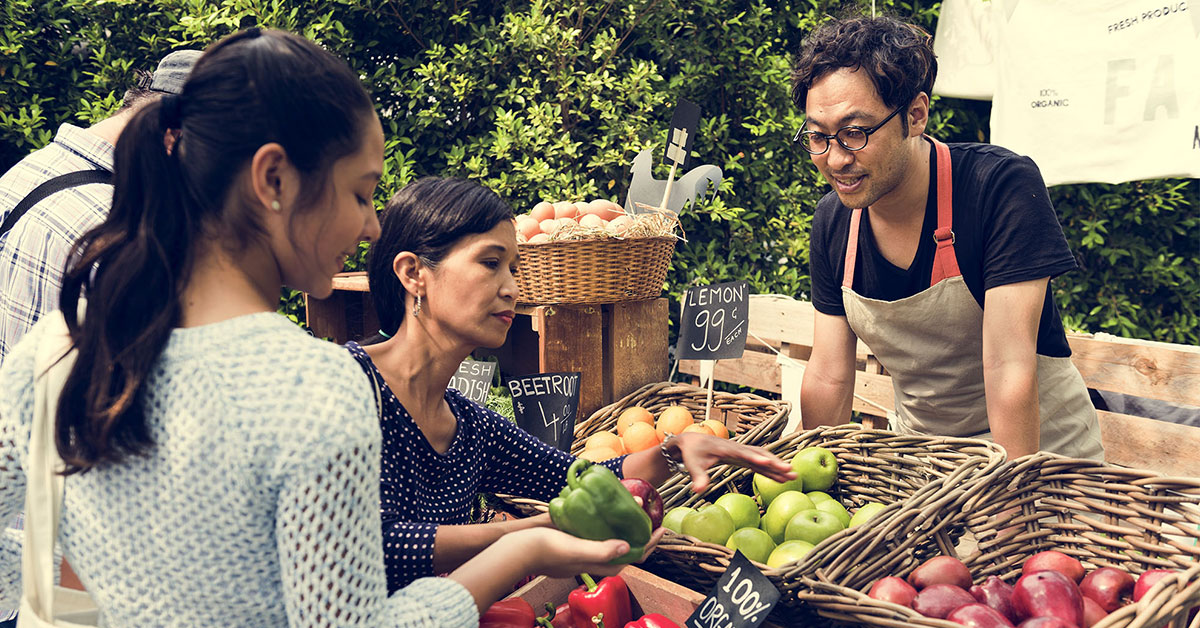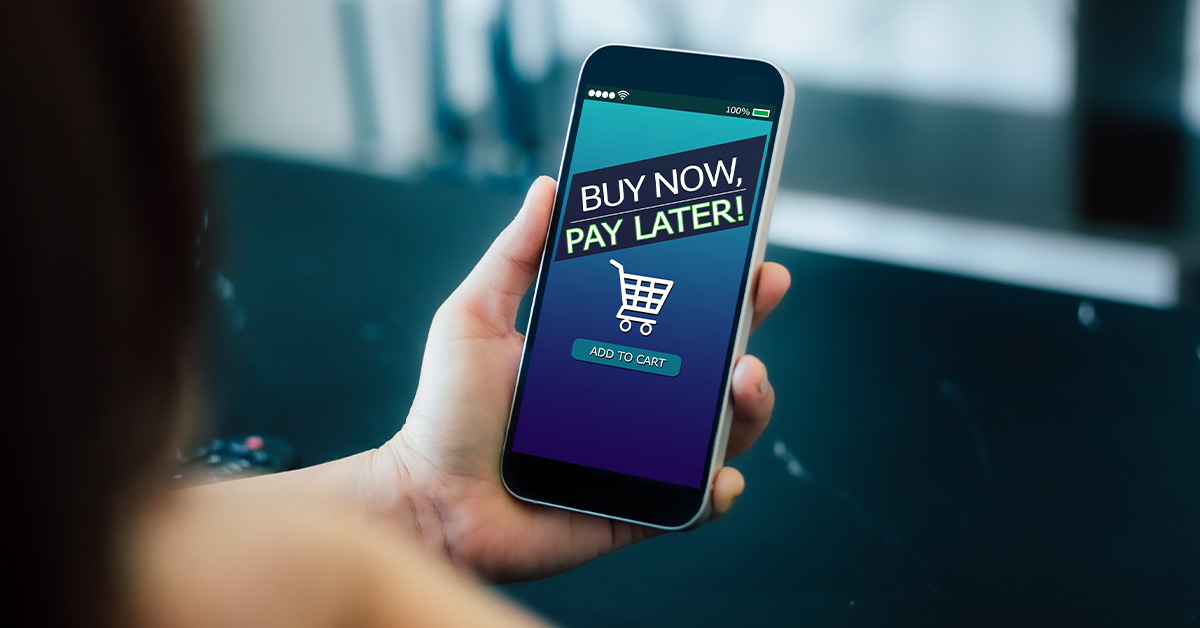
How To Save Money When Grocery Shopping
It's no secret that groceries have gotten more expensive over the last few months. Between meat, produce, dairy, and everything else, it's hard to keep your spending in check. But there are ways to save money on your grocery bill without compromising on quality or taste. Here are a few tips to help you get started.
1) Make a list before and stick to it
When you go into a grocery store without a list, you're more likely to buy things that you don't need. By making your list beforehand, you can plan meals around what you already have in your fridge and pantry, as well as what's on sale at the grocery store that week. You can also meal plan for the whole week in order to consolidate your shopping into one grocery haul. This will help to curb impulse buying and save you money in the long run.
You should make a list of all the items that you need, including perishables and non-perishables, and complete it without rushing, so you don't forget anything while you're at the store. Additionally, it's important not to make your list or go shopping if you're hungry. As silly as it sounds, you will start thinking with your stomach and not your head and buy things you might not necessarily need.
2) Stick with the basics
While it can be tempting to buy organic or specialty items, you don't have to do this. In fact, sticking with the basics will usually save you more money over time. For example, buying regular apples instead of organic apples, or buying a non-branded cereal instead of a name-brand cereal. And if there are specific items that you do want to buy organic or specialty, try to limit yourself to just one or two per week.
Buying generic or store-brand items is also a great way to save money. These products are usually just as good as the name-brand items, but they're cheaper because you're not paying for the brand name.
Additionally, you should try to avoid buying pre-packaged and processed foods. They are often more expensive than their unprocessed counterparts, and they usually don't offer any added benefits in terms of taste or nutrition. In fact, pre-packaged foods can often be high in sodium, sugar, and other unhealthy additives.
3) Compare prices online and in store
Prices for groceries can vary significantly from store to store and online, so it's important to compare prices before making a purchase. This can be done quickly and easily by using a price comparison app or website. By doing this, you can ensure that you're getting the best deal possible on the items that you need most.
Also, there are sometimes better deals for groceries online than in store, even for that same store. For example, online grocery stores often have sales that you can take advantage of, and they usually offer free shipping on orders over a certain amount. In addition, many stores have loyalty programs that give you rewards for spending money with them. This can include things like discounts on future orders or free items.
By taking a few extra moments to compare prices across different stores and online, you can take advantage of any special sales, find the best deals, and potentially save both time and money in the long run by doing the legwork beforehand. You may be surprised at how much you can save.
4) Take advantage of sales and coupons
One of the easiest ways to save money on groceries is by taking advantage of sales and coupons. Most grocery stores have a weekly flyer with a list of the current sales for your convenience. Additionally, many stores offer coupons for specific items each week, so be sure to clip these and bring them with you when you go shopping. This is a great way to stock up on discounted pantry staples.
If coupon cutting isn't your favorite, most grocery stores have the coupons on their app or website so you can just pull them up on your phone or screenshot them. Some of these sales and coupons might be exclusive to the app or website, so don't sleep on digital coupons. Even small savings add up over time.
5) Think outside the grocery store
Shopping at ethnic markets and farmers markets can be a great way to save money on groceries. These types of stores usually have lower prices than traditional grocery stores, and they often offer unique and interesting products that you can't find at the big box stores.
Ethnic markets typically specialize in a certain type of food, such as Mexican, Asian, or Indian food. This means that you can find all of the ingredients you need for a specific dish all in one place, which can be convenient and save you time.
Farmers markets are a great place to buy fresh produce and other perishables. The prices are usually lower than the grocery store, and the produce is usually of better quality since it's fresh from the farm. Many farmers markets also have stands where you can buy meat, eggs, dairy products, and baked goods as well.
Shopping at wholesale stores is another easy way to save money on groceries. These stores usually offer lower prices than typical grocery stores, and they often have a wider selection of products. Additionally, wholesale stores are a great option when buying food in bulk. This can be a simple way to save money, especially if you have a large family or if you like to cook large meals. Buying in bulk can also be helpful if you like to stockpile certain items. Just make sure if you’re buying perishables in bulk you use them up before they go bad or preserve them (i.e. portioning and freezing meat).

6) Use a credit card that earns cash back on groceries
Groceries are one of those everyday expenses you can't avoid. However, you can take advantage of this fact by paying for your groceries with a credit card that earns extra cash back on grocery purchases. This way, you're earning rewards on transactions you would be making anyway, and you can even use those rewards on your future grocery bills. Might as well earn some free money on top of your normal expenses. This helpful guide from CNN outlines some of the best credit cards for grocery shopping.
That said, some cards offer a higher percentage of cash back on groceries than others, so be sure to compare the different offers to see which one will save you the most money. Additionally, some cards have an annual fee while others do not, so be sure to factor that into your decision. And finally, make sure you're paying off your balance each month so you don't accrue interest that would negate any of your rewards savings.
7) Sign up for the loyalty program
Many grocery stores offer loyalty programs that give you discounts on your groceries. These programs are usually free to join, and all you need is a phone number or email address. Once you sign up, you'll start receiving coupons and other discounts that can save you money on your groceries.
Additionally, some loyalty programs offer exclusive deals and discounts that are only available to members. This means that you could be missing out on some great savings if you're not a member of your favorite grocery store’s loyalty program.
8) Take advantage of grocery delivery or grocery pickup
If you use a grocery delivery service, you can shop online and have your groceries delivered right to your door. This is convenient if you don't have time to go to the store, or if you live in a rural area where there are no grocery stores nearby. Additionally, many grocery delivery services offer discounts on your first order, so be sure to take advantage of those savings.
Grocery pickup is similar to grocery delivery, but instead of having your groceries delivered to your door, you simply drive to the store and pick them up. This is a great option if you don't want to pay for delivery, or if you need your groceries faster than the delivery time would allow. Both of these services reduce impulse buying because you have to make a list for the store to fulfill, so you're not making unnecessary purchases.
Whichever option you choose, you will save valuable time and money.
Conclusion
There are many different ways to save money on groceries, and we've listed eight of the best ones. By using one or more of these tips, you can reduce your grocery bill and put more money in your pocket.
More Savings Tips from Community First
- Should You Save or Pay Debt?
- What is a Money Market Savings?
- How to Save Money for the Holidays
- Easy Ways to Save for an Emergency Fund
- How to Plan for Your Child's College Education









